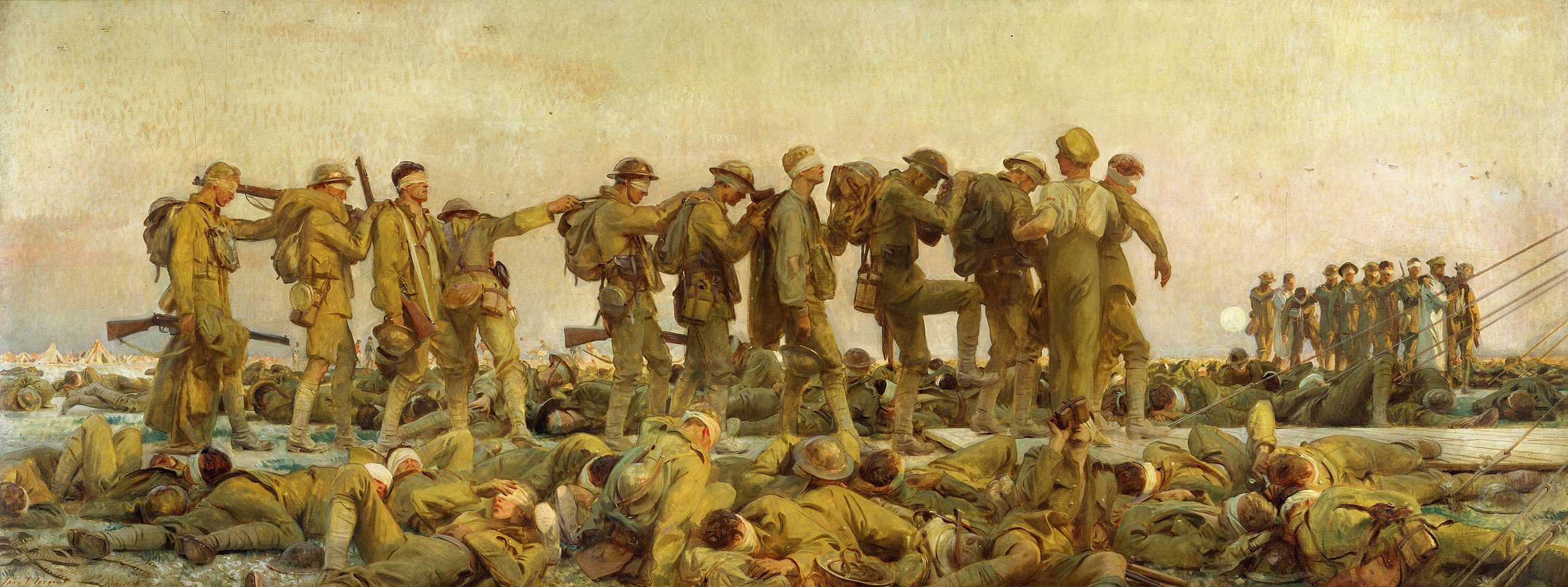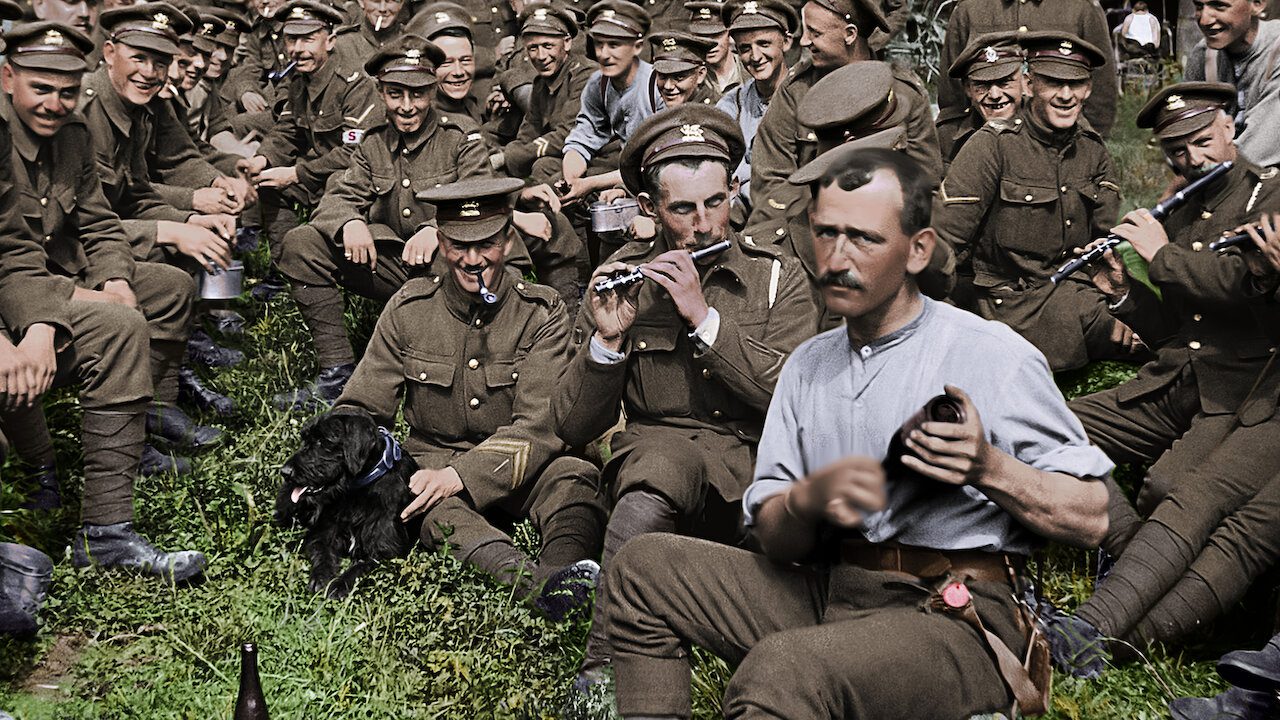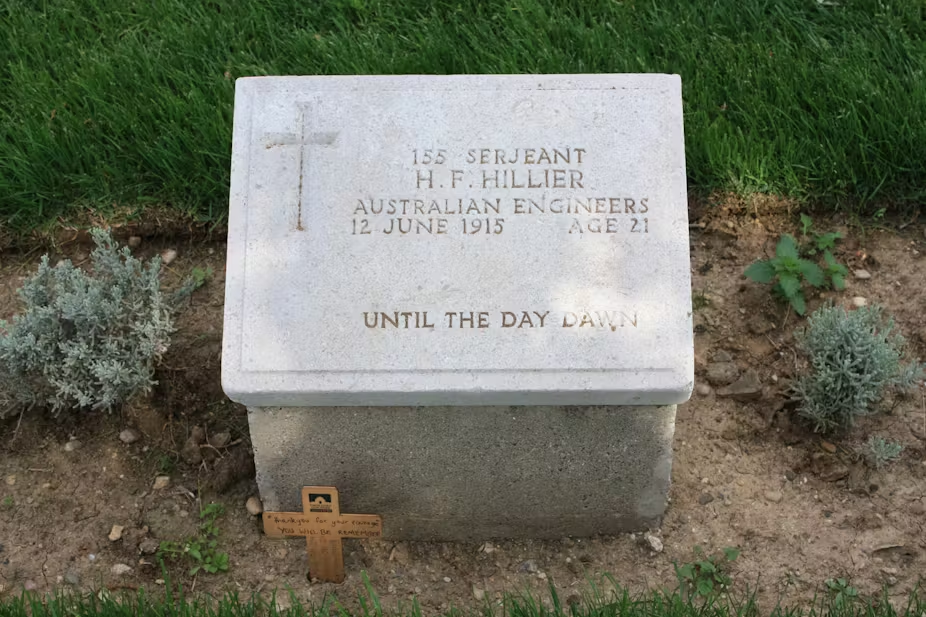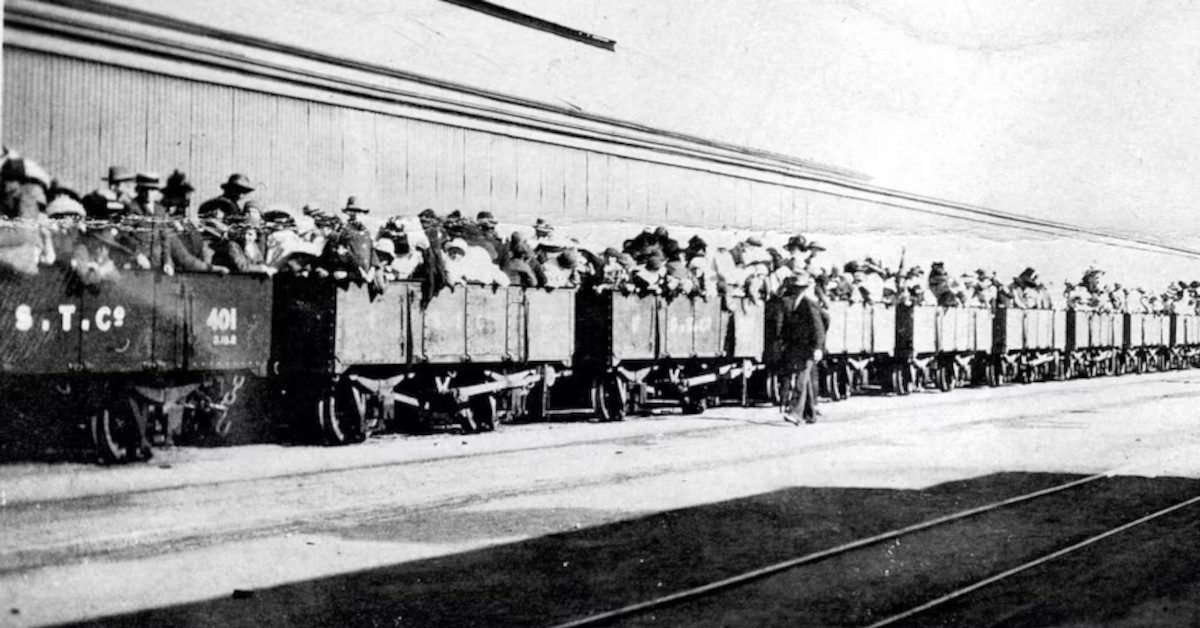
World War I in Broken Hill: a Turkish-Inspired Attack on Australia’s Home Soil
From August 1914 to November 1918, over 416,000 men served in Australian forces fighting the First World War, in theatres ranging from the Pacific to the Middle East and France. 60,000 died far from home in battles fought thousands of miles away. But soon after the war began, one of the few instances when the […]
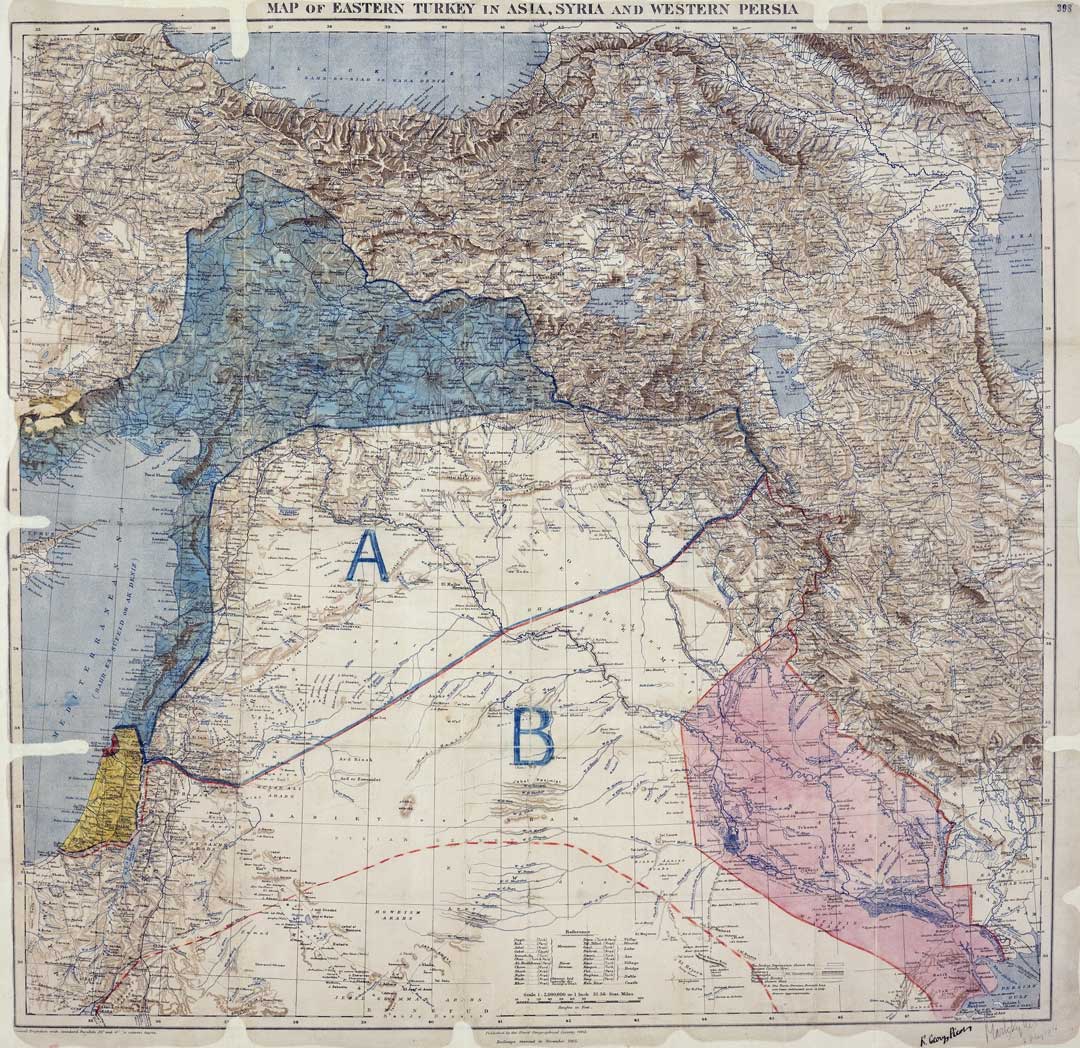
What was the Sykes-Picot agreement, and why does it still affect the Middle East today?
Reading time: 7 minutes
While this may be true, Sykes-Picot is still emblematic of how consequential European colonial ambition was in the Middle East. And while the borders outlined in the agreement did not eventuate, Britain and France still managed to get most of the territory they wanted, with little consideration of local populations. The Sykes-Picot agreement is therefore one of many colonial projects that we are still feeling the ripples of today.

Flies, filth and bully beef: life at Gallipoli in 1915
Reading time: 6 minutes
Many factors contributed to making the Gallipoli battlefield an almost unendurable place for all soldiers. The constant noise, cramped unsanitary conditions, disease, stenches, daily death of comrades, terrible food, lack of rest and thirst all contributed to the most gruelling conditions.
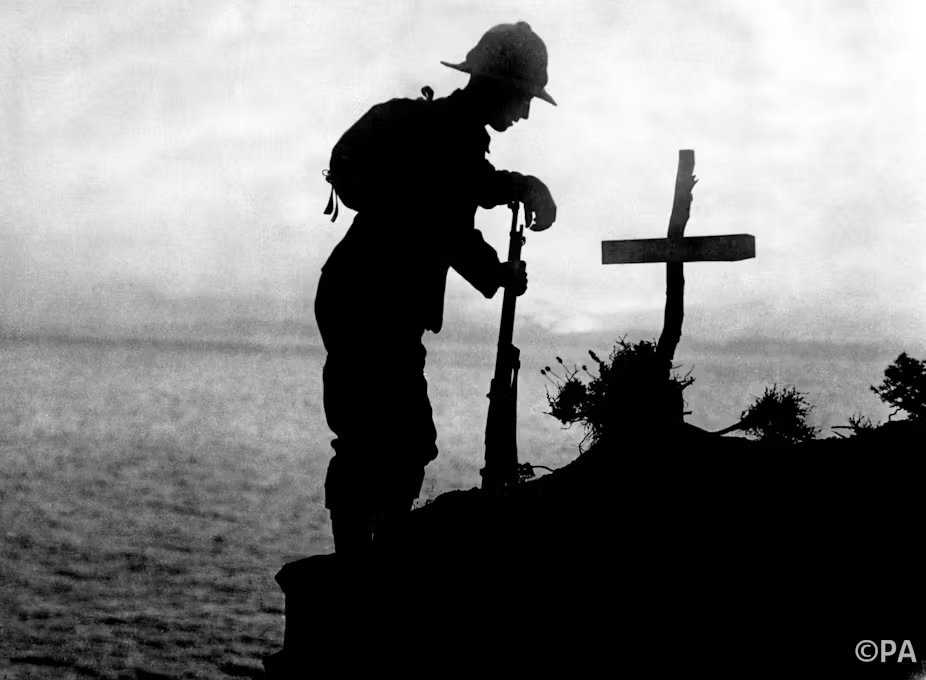
More than a century on, Gallipoli campaign should be more than just a symbol of futility
Reading time: 6 minutes
But the Gallipoli campaign’s result was especially troubling even at the time. Memorial services were held in April 1916 on the first anniversary of the initial landings. Subsequently, this anniversary has acquired special significance as Anzac Day, helping to shape and mark the transformation of Australia and New Zealand from British dominions to independent nations. And Gallipoli has become almost as notorious in British memory as the Somme and Passchendaele in symbolising the carnage of the war. The point is not simply the scale of the losses. It is also the fact that the campaign was so obviously a resounding defeat. What could have been more futile?
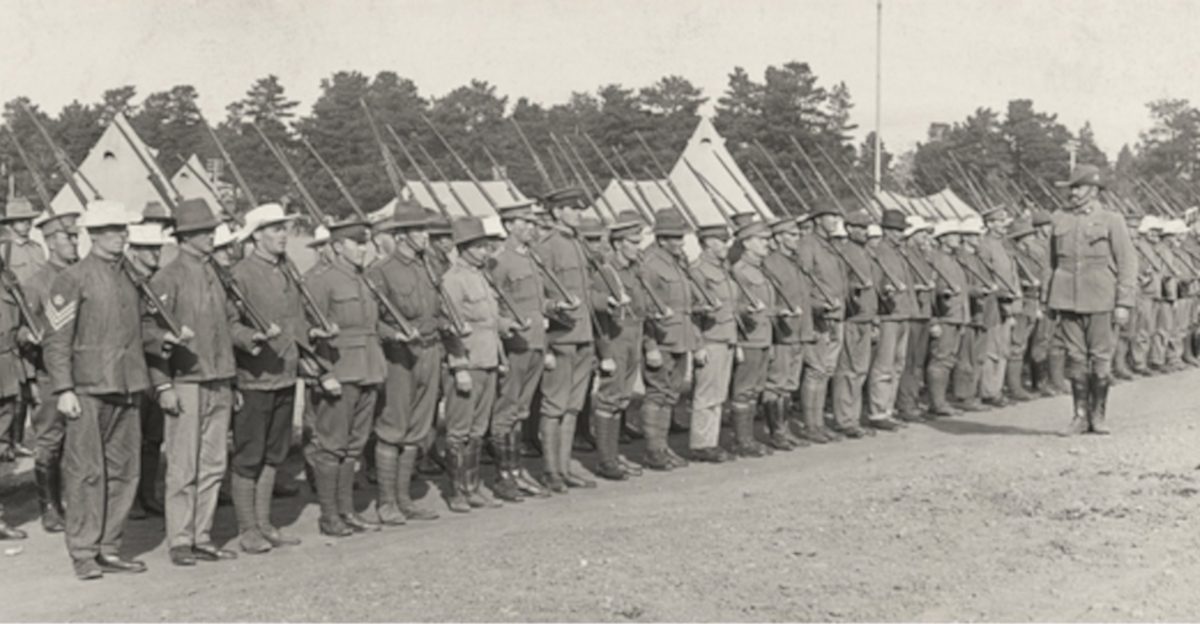
Slavery at home? The Australian Conscription Referendums of WWI
Reading time: 11 minutes
On 31st July 1914, just days before the catastrophe of war was allowed to come to Europe, Australian Prime Minister Andrew Fisher made a solemn promise on behalf of his country to “stand beside the mother country to help and defend her to our last man and our last shilling.”
But as the months passed as the fighting ground on, and as stories of the horrors endured in Turkey and France trickled back to the home front, Australia’s young democracy faced one of its most harrowing trials yet as those on both sides of the issue battled to determine the path ahead.
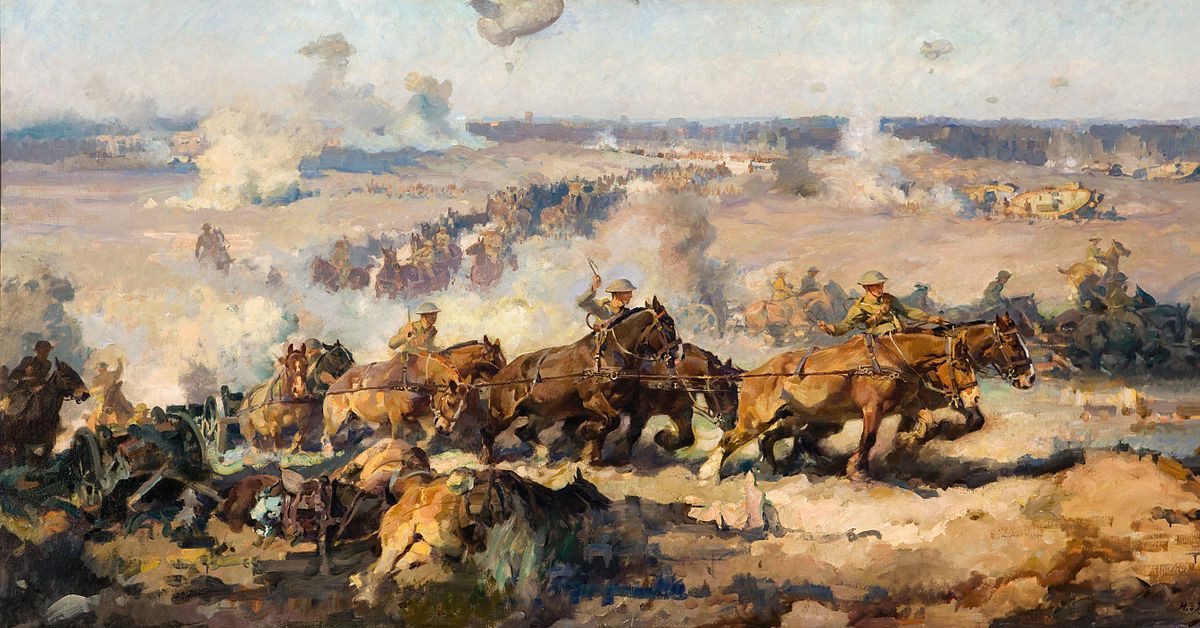
Free of the Trench: How British & Imperial Forces Overcame the Deadlock of the Western Front
Reading time: 12 minutes
The First World War came to an end just over 100 years ago, a mere moment’s time in human history. But as close as we are to it, a century is more than enough to surround that conflict with myth and misconception.
The image of the war on the Western Front, as brought to us through decades of outdated scholarship and popular fiction, is simple: two vast armies, each equipped with the latest murderous fruits of the industrial age, found they couldn’t decisively defeat one another in the field and so settled into a long, bloody, dirty, and consumptive war in which thousands of lives were thrown away every day, often for minuscule gains which would bring neither side meaningfully closer to victory.
The real story is more complicated. By 1916, it was plain to see that tactics like those championed by Haig, designed to draw out the enemy for a momentous set-piece battle, weren’t working, and even those neck-deep in the fight didn’t need the benefit of hindsight to recognise that.
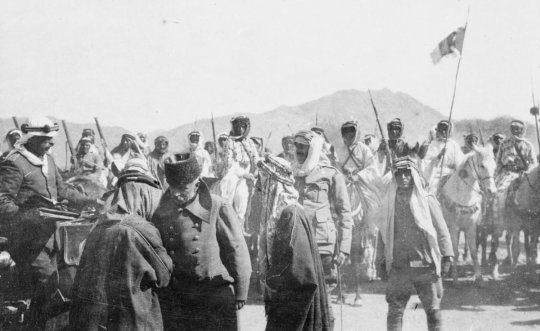
The First World War continues: Medina, Arabia, January 1919
Reading time: 6 minutes
or many in the West, the First World War in the Middle East was a sideshow to the Western Front. The story of the wartime siege of Medina is even less well-known. But in the region it is still debated and contested, for example in December 2017 when the Foreign Minister of the United Arab Emirates accused Fakhri Pasha of stealing items from Medina, which earned a strong rebuke from the President of Turkey. The First World War in the Middle East had a profound effect on the region, with consequences to this day.

The First World War continues: Britain’s dash for Mosul, Iraq, November 1918
Reading time: 7 minutes
After the armistice of 1918, why did the British occupy Mosul, Iraq? Dr John Slight looks at the continued hostilities in the Middle East after the guns fell silent on the Western Front.
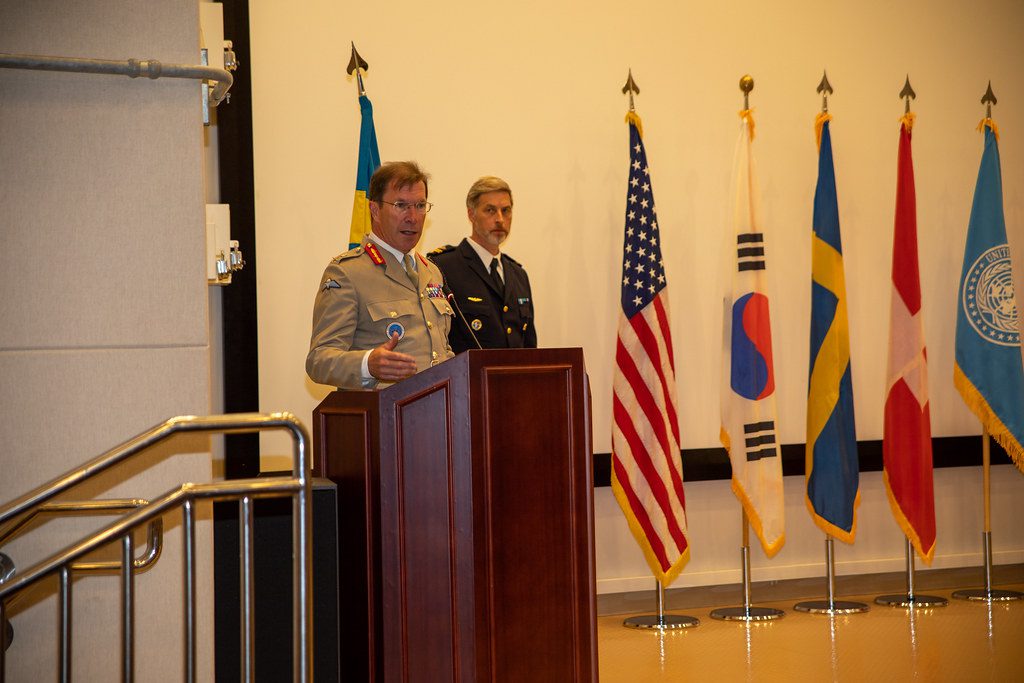
Neutral and Nervous – A History of Sweden’s Now Broken 200-Year Streak of Neutrality
Reading time: 6 minutes
For over 200 years, Sweden has been one of the few neutral states in Europe. From the Napoleonic Wars and Sweden’s declaration of neutrality in 1812 to today, many conflicts have arisen right on its borders.
Despite this, Sweden (until its joining with NATO in 2024) has successfully navigated neutrality, avoiding two world wars and many other conflicts throughout the 20th Century.
But how did Sweden manage to stay neutral throughout the 1900s with two world wars on its doorstep, and why did it become neutral in the first place?
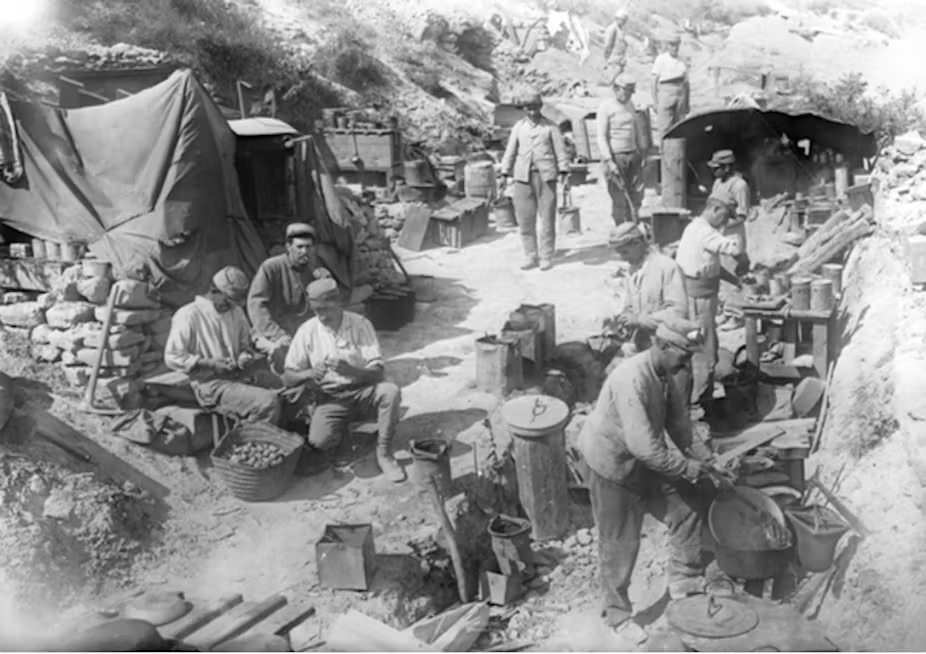
Why we don’t hear about the 10,000 French deaths at Gallipoli
Reading time: 6 minutes
With almost the same number of soldiers as the Anzacs – 79,000 – and similar death rates – close on 10,000 – French participation in the Gallipoli campaign could not occupy a more different place in national memory. What became a foundation myth in Australia as it also did in the Turkish Republic after 1923 was eventually forgotten in France.
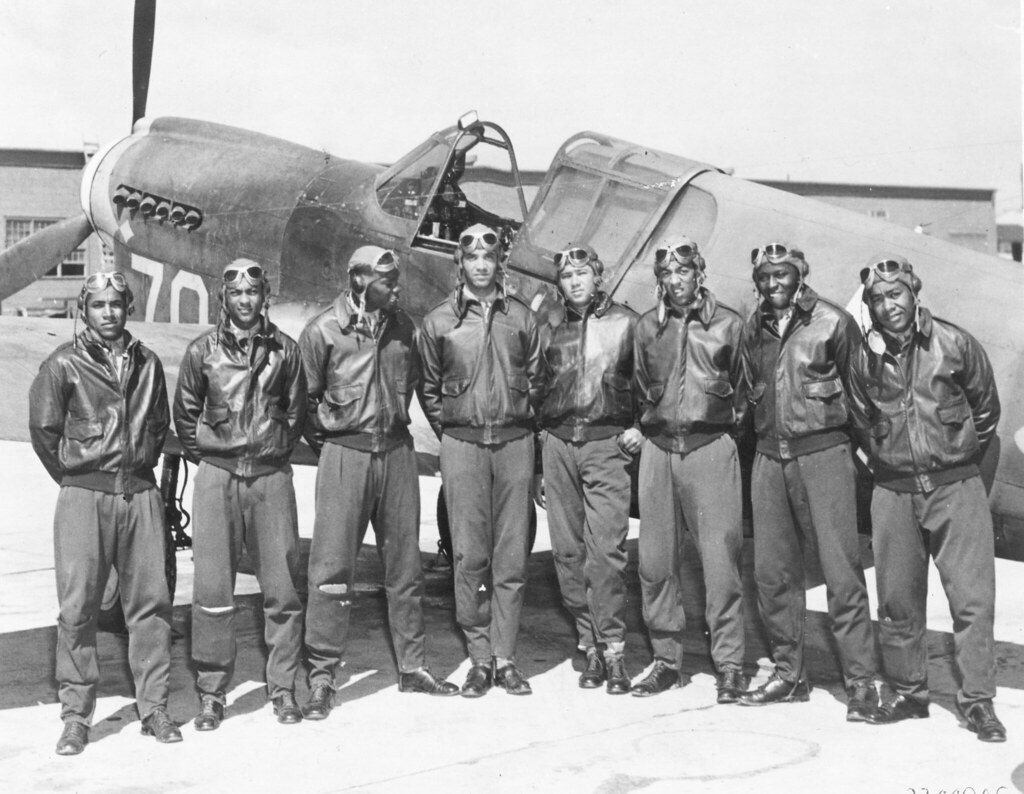
Where are All the Medals? Racial Bias in Military Bravery Awards
Reading time: 7 minutes
For service or for gallantry, almost all modern militaries – especially Western militaries, have issued war medals for a very long time.
But who decides who gets these medals and awards, and how?
Recent examination has brought to light a distinct lack of minority soldiers within Western militaries winning bravery awards, across many different countries, all throughout the 20th century and beyond.
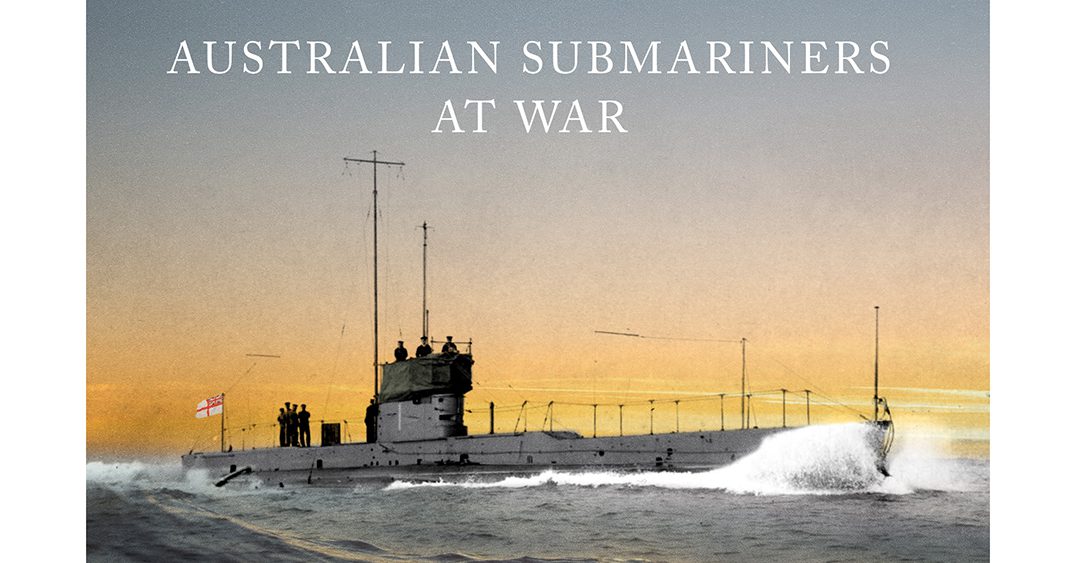
Dive! Australian Submariners at War by Mike Carlton – Book Review
Reading time: 4 minutes
Dive! opens with the best description of the development and implementation of submarine technology and doctrine I have ever read. This could easily be part of a broader history of submarines, Carlton has clearly done broad and extensive research and his writing effortlessly demonstrates his command of the topic.
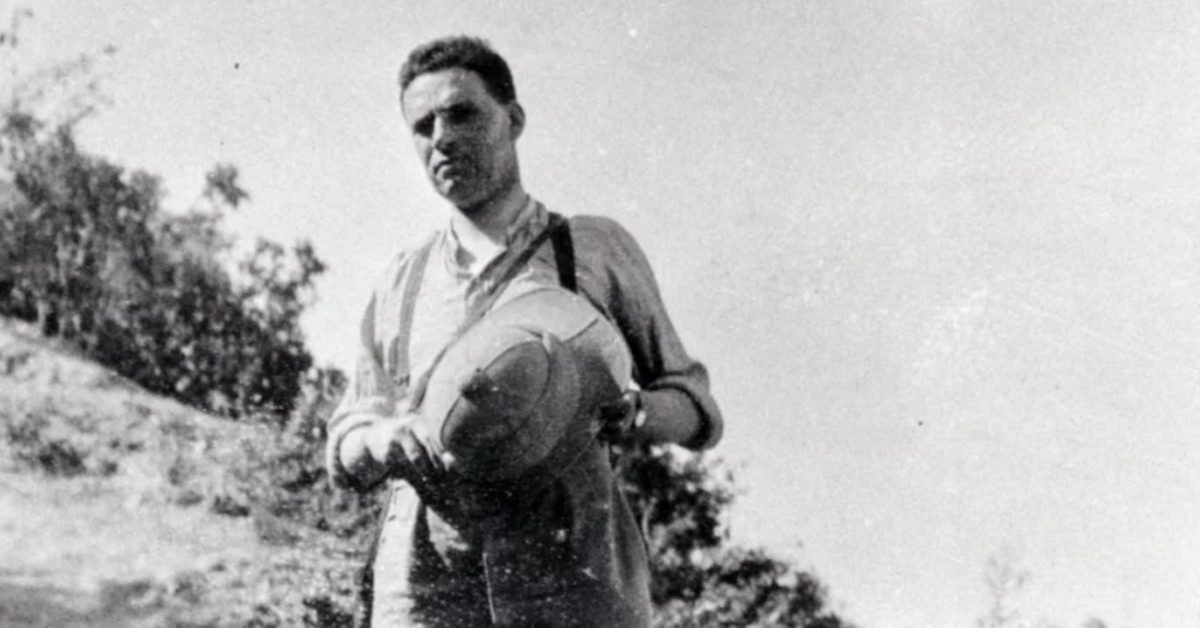
AUTHOR OF THE ANZAC LEGEND: KEITH MURDOCH IN THE FIRST WORLD WAR
Reading time: 11 minutes
For a country just over a century old and whose national image is one of tough, independent action, some of the most active individuals involved in Australian nation-building have not been soldiers or stockmen but writers. Keith Murdoch was one of these, and his career and its consequences still echo throughout Australia and the world today.
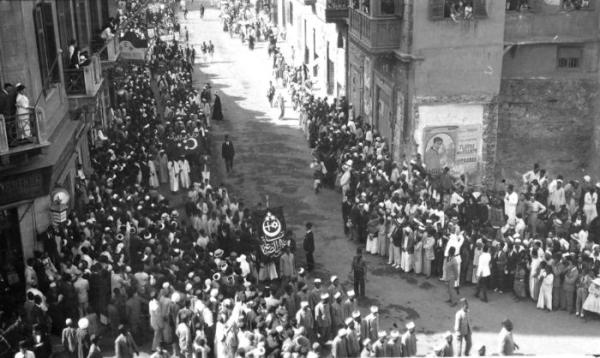
The 1919 Egyptian Revolution
Reading time: 8 minutes
The events of 1919 in Egypt show how the First World War played a crucial role in affecting the country’s history after the war ended.The interwar years saw a political dance take place between the British, Egyptian nationalist politicians, and the Egyptian king, who mistrusted the nationalists. It would take the upheaval of the Second World War and a further Egyptian Revolution in 1952 for the British to leave Egypt. The last British troops left in June 1956, although the Suez Crisis later that year saw their temporary return. While the Egyptian Revolution of 1919 did not secure Egypt’s freedom from foreign rule, it was an important step towards that goal. After 1919, the British had to consider the strength of Egyptian nationalism and deal with nationalist politicians. The Revolution was an inspiration for other anti-colonial struggles across Africa and Asia. The events of 1919 in Egypt show how the First World War played a crucial role in affecting the country’s history after the war ended. The negative effects of the war on Egypt unleashed powerful forces in Egyptian politics and society that could not be ignored.
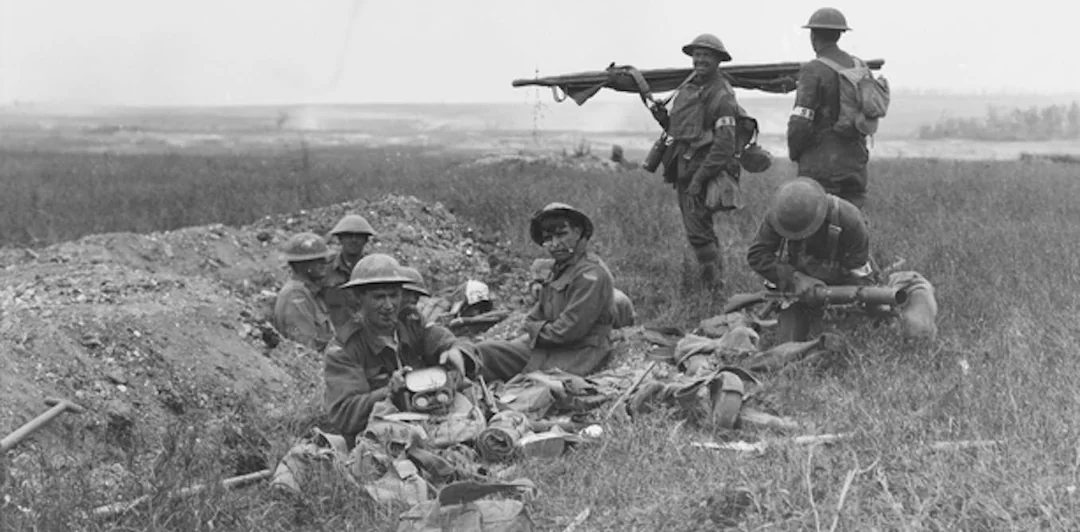
‘It bucked our lads up wonderfully’: the lightning-quick battle that marked the birth of the US-Australia military alliance
Reading time: 6 minutes
While the AUKUS alliance is new, the Australian-American partnership is not. As Australians reflect on the sacrifices of their soldiers on ANZAC Day, it’s worth remembering the first time Australian and American troops joined forces in battle – in northern France, in the final year of the first world war.
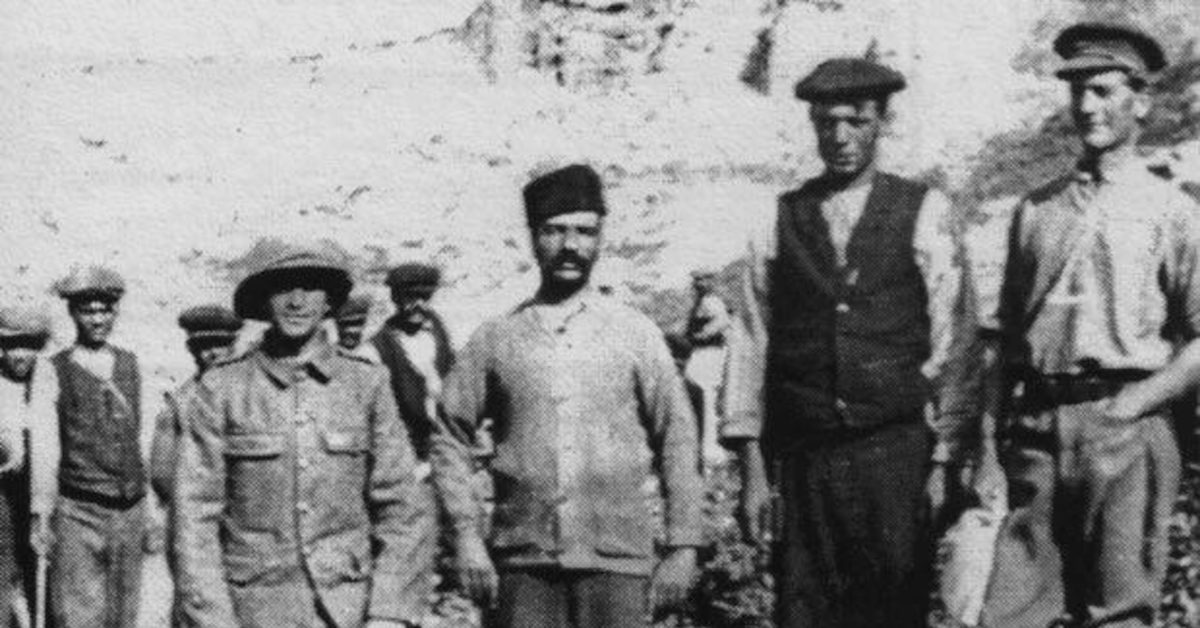
BIG ISLAND, LITTLE ISLAND: AUSTRALIA-MALTA RELATIONS IN THE 20TH CENTURY
Reading time: 9 minutes
From humble beginnings and over centuries, Britain built an empire by conquest, diplomacy, and economic muscle whose deep marks on the world and its history have been, and will be, felt for many years to come. One of the most fascinating ways this maritime nation changed the world was by forging ties between disparate nations and nationalities, like Malta and Australia, which endure to this day.
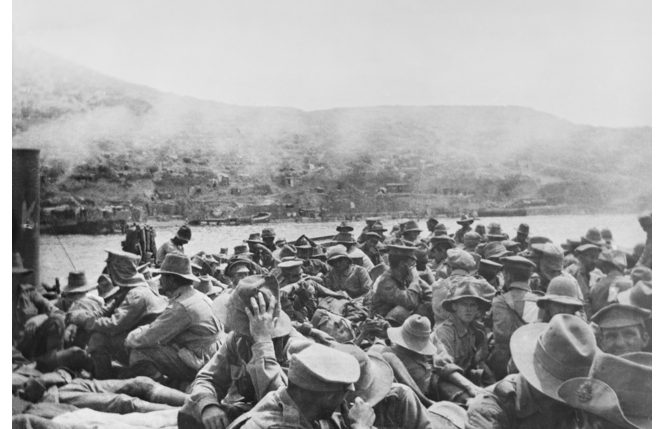
In their own words: letters from ANZACs during the Gallipoli evacuation
Just five days before Christmas, in the early hours of Monday December 20, 1915, the last Anzac troops left Gallipoli in what Australian historian Joan Beaumont called an “elaborate game of deception”. Self-firing guns were rigged to take pot-shots and camp fires lit to give the impression of there being more soldiers than there were. The Australians […]
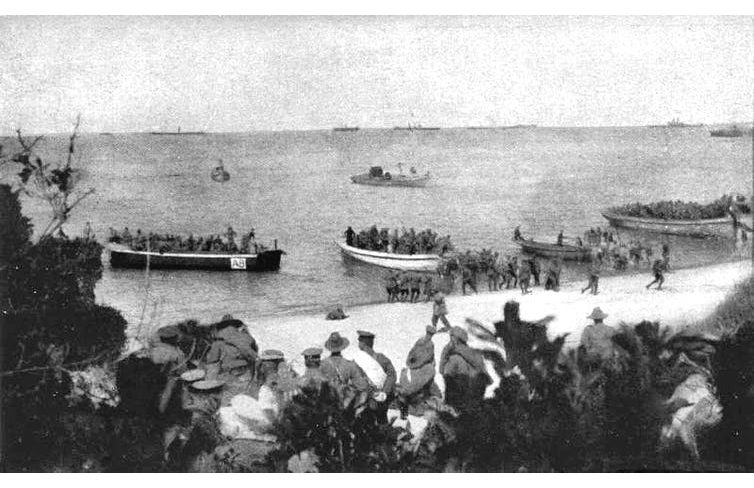
Who were we fighting at Gallipoli?
In the annual discussion of the Gallipoli campaign Australians are subjected to a variety of hyperbole and parable as commentators and reporters offer up the same old chestnuts for want of something else to say. That at Anzac Cove ‘our nation was born’, that it ‘came of age’ or that Australian forces at Gallipoli were […]
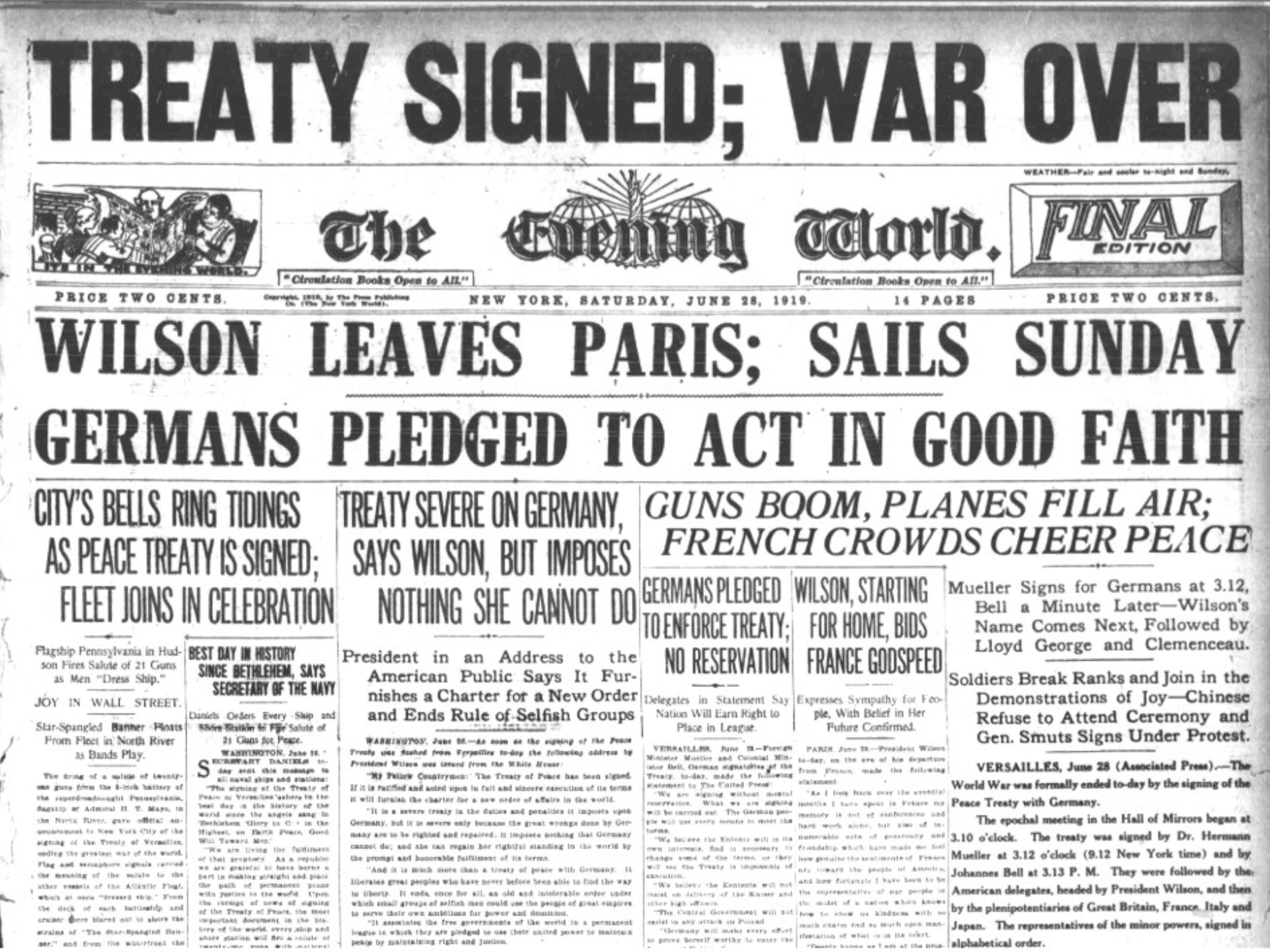
The Treaty of Versailles: Brutally Unfair or Righteous Retribution?
Reading time: 7 minutes
Marking the end of World War One, the Treaty of Versailles was signed by Germany on June the 28th 1919. Often cited as one of the leading reasons for Germany’s descent into fascism and the start of World War Two, the Treaty of Versailles along with the other treaties signed at the Paris Peace Conference vastly reshaped the borders and the economies of the European continent.



